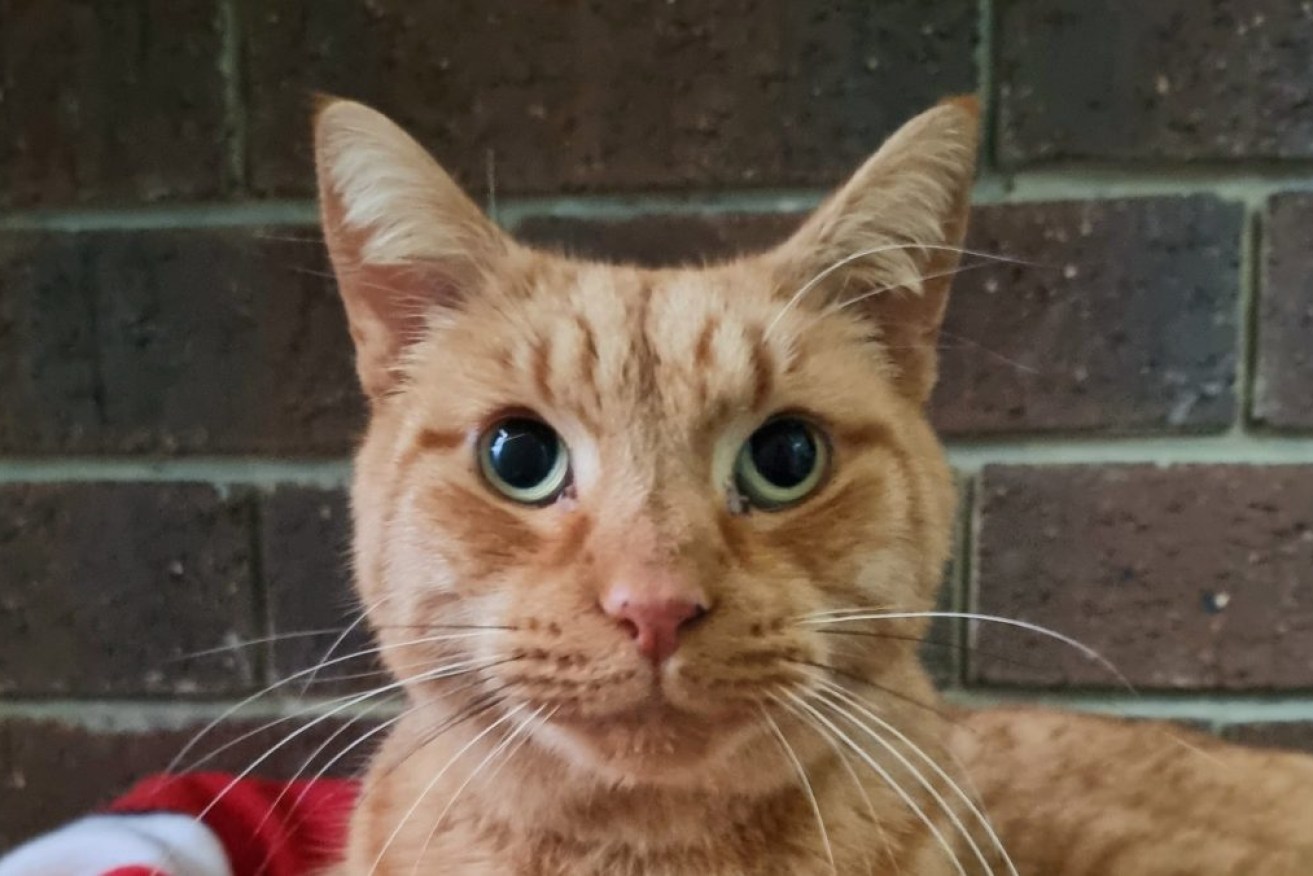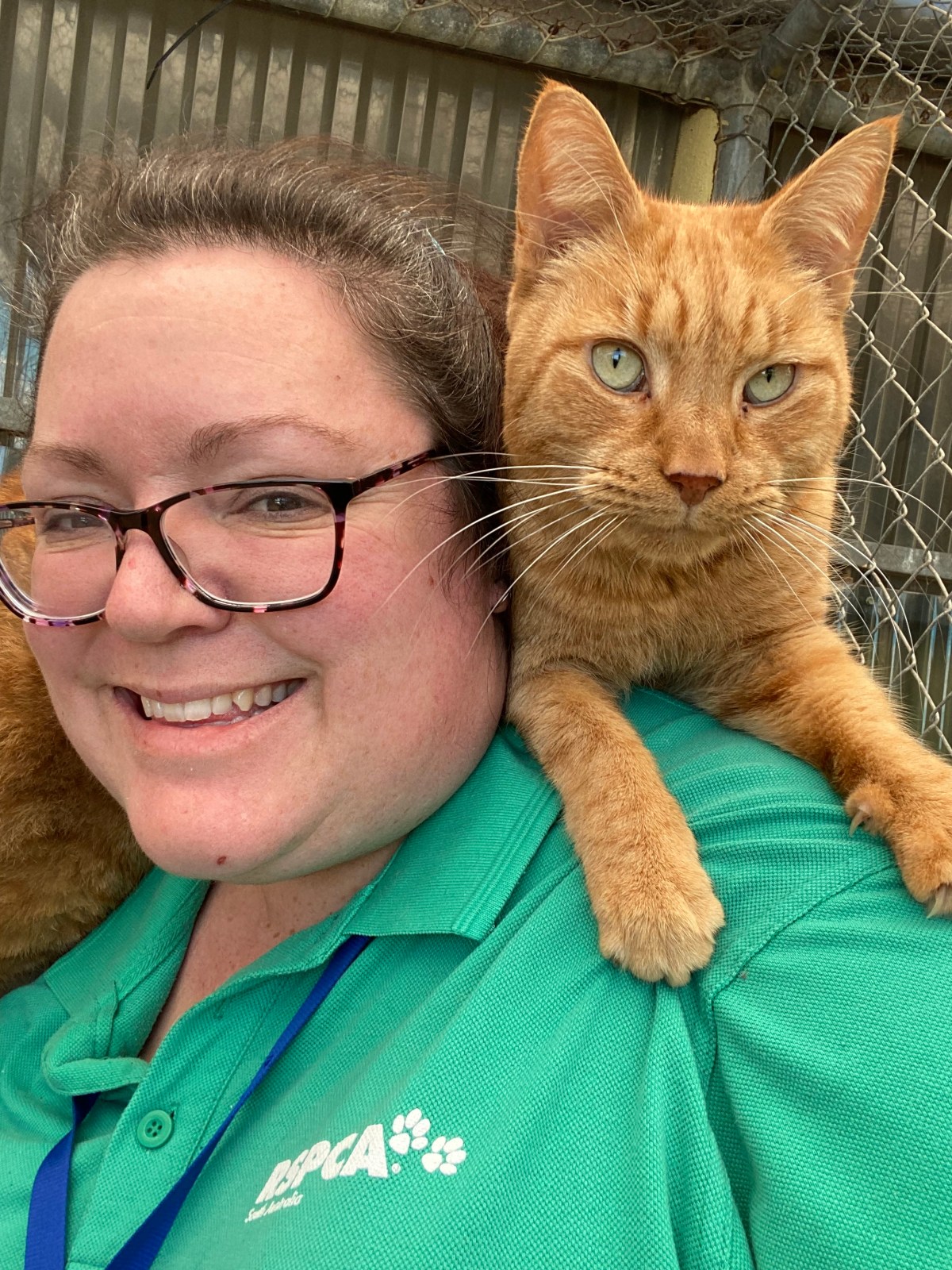Cats dumped amid council laws confusion
Fickle cat laws across the state are being blamed for record numbers of unwanted felines arriving at RSPCA shelters, with predictions the problem is only going to get worse.


RSPCA chief executive officer Paul Stevenson fears a varied mix of council bylaws being introduced to enforce new night curfews, registrations and cat containment is confusing owners and those taking care of stray cats.
And anxiety around the new rules – particularly where outdoor pets may soon be forced to stay indoors – is leading to owners handing their cats over to the RSPCA.
Stevenson urged councils like Campbelltown to wait on a State Government-promised review of the Dog and Cat Management Act this year before introducing strict changes.
Campbelltown is discussing draft plans for all cats in its zone to be registered from January 1, 2024, and a rule that all cats must stay within an owners’ property unless on a leash or in a car or cat box.
Stevenson said the government review included a commitment to introducing uniform cat management rules state wide.
He said in the last financial year, the RSPCA recorded a 12 per cent annual increase in adopting animals, including 4170 cats and kittens, compared to 3681 the year before.
And the numbers of unwanted cats left at the RSPCA was growing every year.
The RSPCA currently has 647 felines in care – 160 are living with volunteer foster carers, and the remaining 487 are in shelters, mainly at Lonsdale shelter but also at Whyalla and Pt Lincoln shelters.
The RSPCA received 3667 felines 10 years ago, 4721 five years ago and 5759 last year.
Stevenson said it was vital to tackle the issue of cat over population with uniform rules across the state.
He cited figures showing there are about 400,000 cats in South Australia where 37 per cent of households own 1.4 cats.
However, this does not account for the great unwanted.
“The important strategy is one to address all cats, regulation and confinement and containment are all good but they apply to owned cats, outside of that number we believe there are about 137,000 unowned or semi-owned cats in the state,” Stevenson said.
“They are the ones that people feed but say they are not my cat, they don’t want the responsibility, don’t want to get them desexed, we need to get those cats converted to owned cats.”
If some of the strict new bylaws – like 24-hour containment being considered by Campbelltown Council – come into play in 18 months’ time, Stevenson feared it would lead to a deluge of these unwanted cats arriving at the RSPCA.
Campbelltown was also looking to have the containment by-law cover all cats, unlike the Australian Capital Territory where it only applies to cats born after its introduction.
“We have concerns about the welfare of cats brought up living outdoors suddenly living inside, some owners may be allergic,” he said.
“Those owners may either just dump the cats or bring them to us or lock them in a garden shed.”
Adelaide Hills Council rules from January 1 this year expect domestic cats are kept at home at all times unless on a leash or a similar restriction, that all cats must be registered and only two cats are allowed per home, with associated fines for breaches at $187.50
“This change helps to promote responsible cat ownership, allows council staff and volunteers to separate out feral cat populations and reduces the incidence of public and environmental nuisance caused by cats,” the council’s website said.
Stevenson said the RSPCA supported an overnight curfew as a logical step towards full containment that would contribute to the safety of cats and wildlife – but wants it to be uniform and staged.
“From an animal welfare perspective, cats can be successfully kept inside, but they do require adequate enrichment and stimulation – cat owners will need significant education in this area which takes time,” he said.
City of Marion chief executive Tony Harrison said his council endorsed By-law No 6 Cats 2021 in August last year that works toward better management.
“However, the provisions relating to keeping cats confined inside between the hours of 8pm and 7am do not come into effect until 1 January 2023. This timeframe was established in order to allow sufficient communication with the community regarding the changes.”
There is also a provision in the by-law to set up a registration scheme for cats but this had not yet been adopted.
Stevenson said Onkaparinga and Marion councils were now paying the RSPCA to support cat rehousing – and Onkaparinga Council also was working with the RSPCA to provide free cat desexing programs for residents.
“In the last year we’ve had about 1000 cats come through the program,” Stevenson said.
Today, the RSPCA has 52 adult cats and four kittens available to adopt.

Meet Sid.
This sweet and affectionate feline is 18 months old and among the many cats at the RSPCA looking for a new home.
Sid’s loving owner moved into residential care but he found it too stressful living in the busy home of his previous owner’s daughter. Sid is looking for human company rather than other animals and small children.




